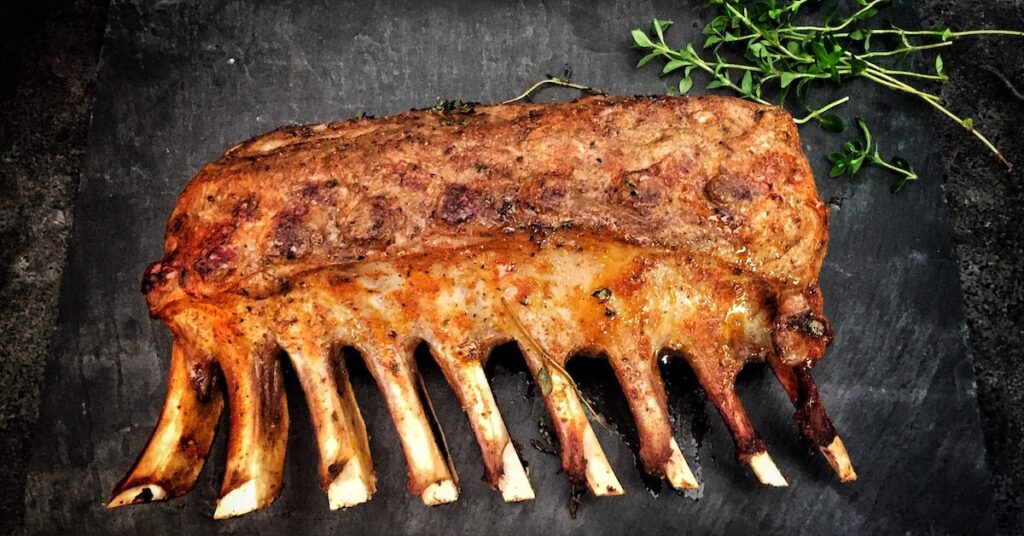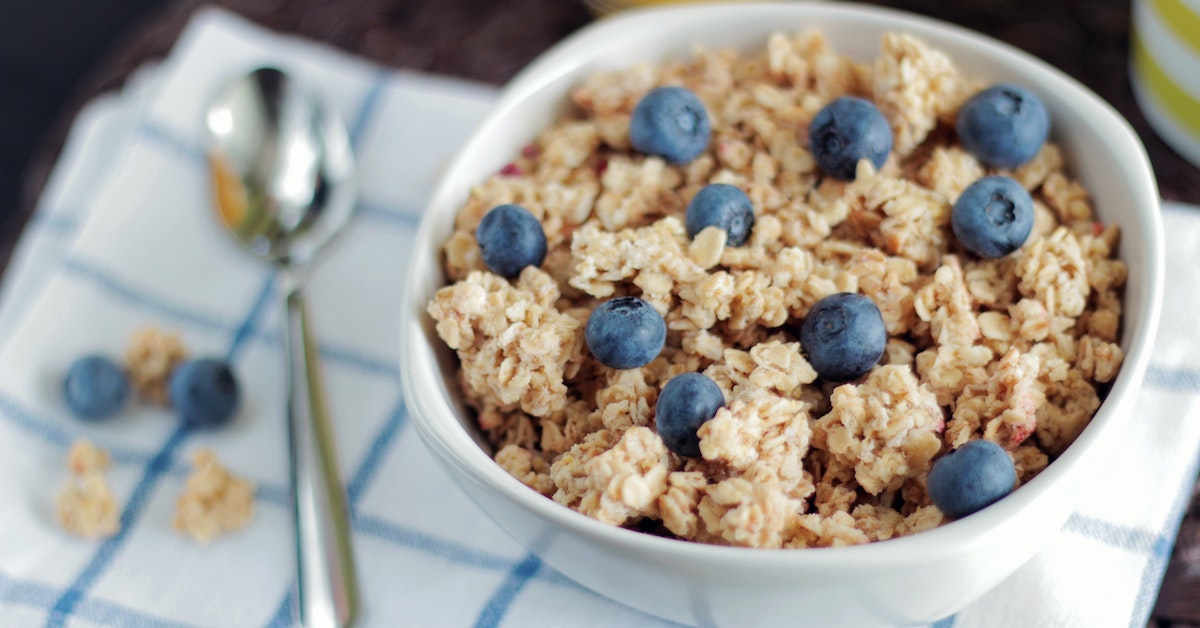Dogs love to chew on bones, and pork bones are a popular treat. But are they safe for dogs? Can dogs eat pork bones? The answer is, it depends. Pork bones can be safe for dogs to eat, but there are some risks to be aware of. Pork bones can splinter and break, causing choking or internal injuries. They can also cause digestive issues like constipation or diarrhea. For these reasons, it’s best to give your dog pork bones only occasionally, and to supervise them when they’re eating them. In this article, we’ll give you more information on the risks and benefits of giving your dog pork bones.
The Risks of Giving Your Dog Pork Bones
Pork bones can be a choking hazard. They can also splinter, break, or crack, causing damage to the digestive system. It’s important to watch your dog when he or she is eating pork bones. If your dog tries to chew the bone into pieces, take it away and don’t give it back. Also, be careful if you’re feeding your dog pig ears. Pig ears are often treated with preservatives and salt. These can be harmful to dogs. Dogs that eat pork bones regularly are at risk of developing a vitamin deficiency. Pigs are omnivores, and their bones aren’t a good source of nutrients for dogs. If your dog eats a lot of pork bones, they might not be getting enough vitamins and minerals from their diet. This can lead to health problems like anemia. And, like all bones, pork bones can cause constipation. If your dog has trouble pooping, you should take them to the vet.
The Benefits of Giving Your Dog Pork Bones
Pork bones are a good source of protein and fat. They also have some vitamins and minerals. Pork bones help clean your dog’s teeth. This might help with dental health. Pork bones are a good source of minerals like calcium and phosphor. These minerals are good for bone health. Calcium can help prevent bone diseases like osteoporosis. Pork bones can improve your dog’s digestive system. They are high in protein, fat, and minerals. These can help keep your dog’s digestive system balanced. Pork bones can help your dog stay active. These bones provide important nutrients to dogs. Pork bones can be a tasty treat.
How to Safely Give Your Dog Pork Bones
When giving your dog pork bones, be careful not to give them too big a bone. Big bones can be dangerous, causing choking or broken teeth. They can also be dangerous to your dog’s digestive system. If you’re giving your dog a whole bone, make sure it’s fresh. And make sure your dog chews it completely. If it’s not fresh, it can be dangerous for your dog. If you’re giving your dog pig ears, be careful about the size and type. Be careful about the amount you give. And make sure they are fresh.
What Should I Do if My Dog Eats a Pork Bone?
If your dog eats a pork bone, you should watch for signs of digestive issues. If you see your dog having trouble pooping, vomiting, or having diarrhea, take them to the vet immediately. If your dog breaks a tooth on a pork bone, take your dog to the vet. If you don’t, your dog could get an infection. Broken teeth can also cause other dental health issues. If your dog breaks skin on a pork bone, clean the wound. If it gets infected, take your dog to the vet. If you notice any swelling or redness around the wound, take your dog to the vet.
Raw vs. Cooked Pork Neck Bones
This is a common question about pork bones. Can dogs eat pork neck bones raw? Can dogs eat pork neck bones cooked? The answer is that both are safe. If you choose to cook your pork bones, make sure you cook them until they are very, very hot. Once they’re cool, they’re safe to feed to your dog. If you choose to serve your dog raw pork bones, make sure they’re fresh. Fresh pork bones are safe to feed your dog.
What Are Some Other Uses for Pork Bones?
Pork bones can be used as a treat or a training aid. They’re a popular item in many dog treat recipes. Pork bones can be used as a training tool to help your dog learn to stay calm. They can also be used to help your dog with aggressive barking. You can also use pork bones for your garden. You can bury pork bones under the soil near your plants to add nutrients to the soil. You can also use pork bones to clean your house. You can use pork bones to scrub the grout on your tile floor or to scrub the tiles on your kitchen floor. You can use pork bones for craft projects. You can use pork bones to make decorations for your house or for gifts. You can also use pork bones to make candles.
Alternatives to Pork Bones for Dogs
If your dog is allergic to pork, or if they don’t like pork bones, there are other things you can give them. You can feed your dog beef bones. They’re often cheaper than pork bones. Bone marrow is a good source of nutrients for dogs. You can feed your dog chicken wings. They’re a good source of protein and calcium. Chicken backs are a good source of calcium and protein. Chicken feet are a good source of calcium and protein.
Can I Give My Dog Rib Bones?
Some dogs love rib bones. But others don’t. And some dogs can break teeth on rib bones. Rib bones are dangerous for dogs with weak teeth. You should only give your dog rib bones if they have healthy teeth. Young dogs and puppies can break their teeth on rib bones unless they’re very careful. If you give your dog rib bones, make sure they aren’t chewing too hard. And make sure they don’t have broken teeth. You should also be careful about ribs from steaks. Rib bones from steaks might have bits of meat on them that are hard for dogs to digest.
Conclusion
Pork bones can be a great treat for dogs. But they can also cause digestive issues. You should only give your dog pork bones if they have healthy teeth. And you should only give them occasionally. If you feed your dog pork bones regularly, they might not be getting enough vitamins and minerals from their diet. Pork bones can be a choking hazard, especially for puppies and young dogs. You should watch your dog when they’re eating pork bones. You can also feed your dog other types of bones, like beef bones and chicken bones.





